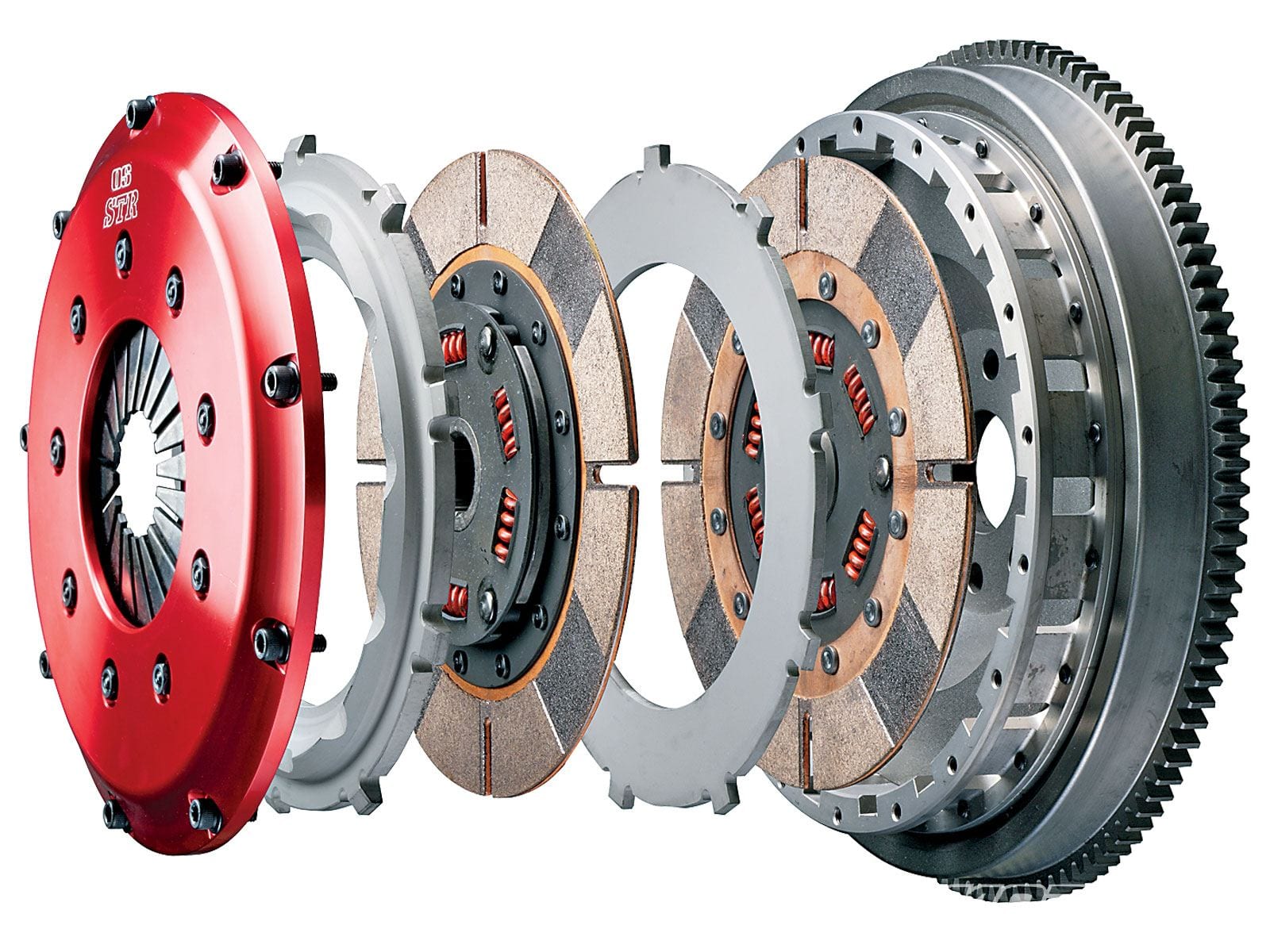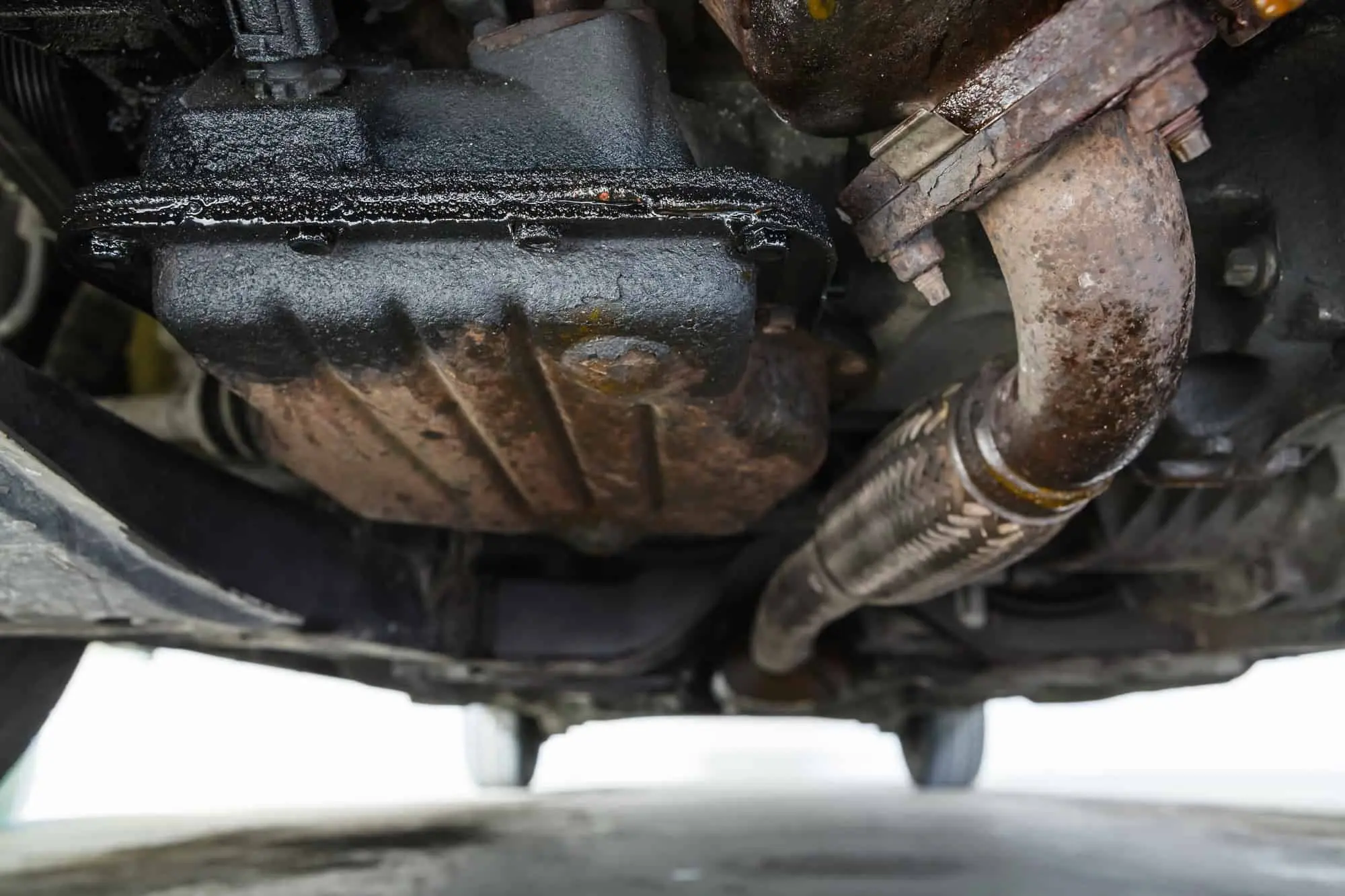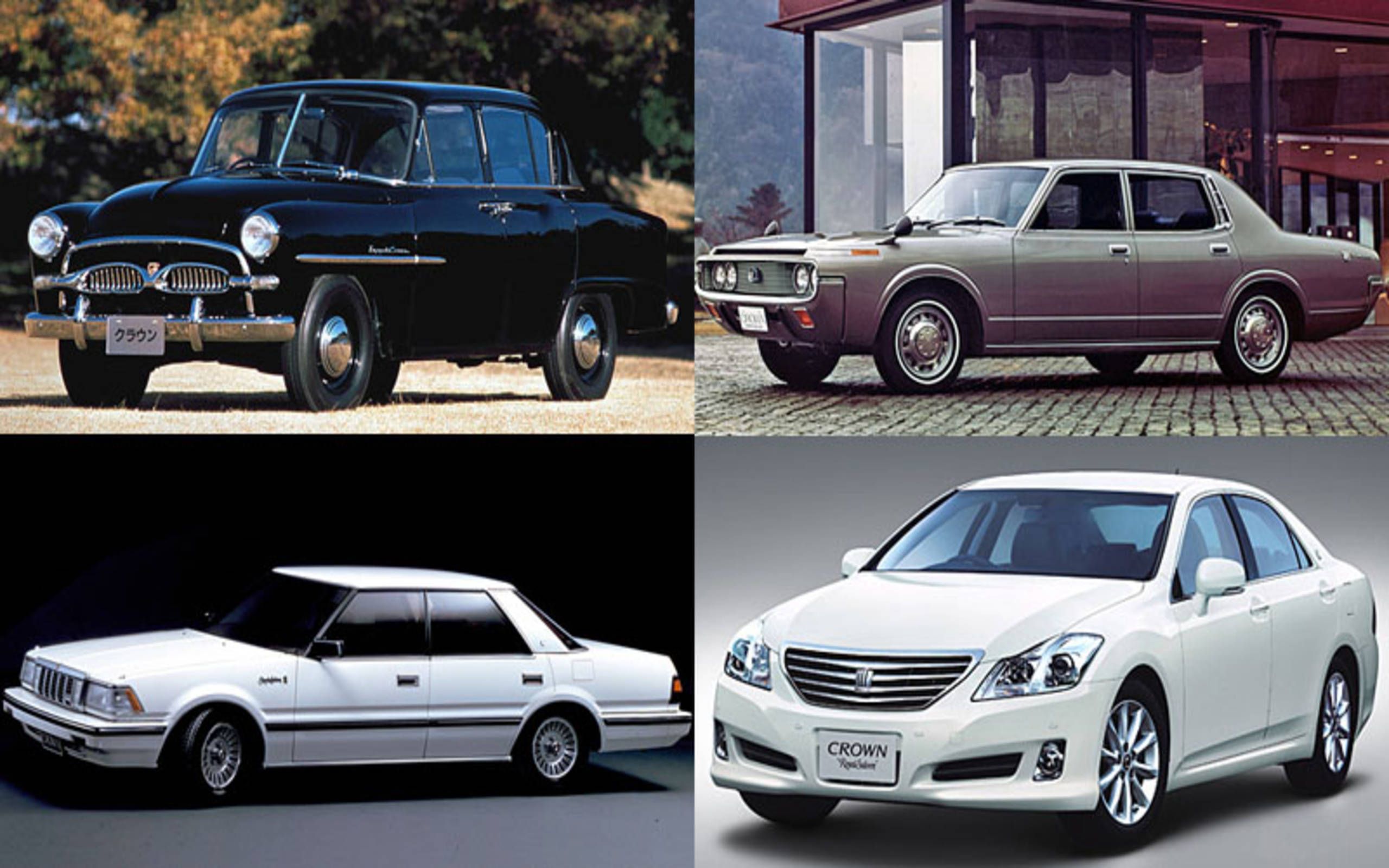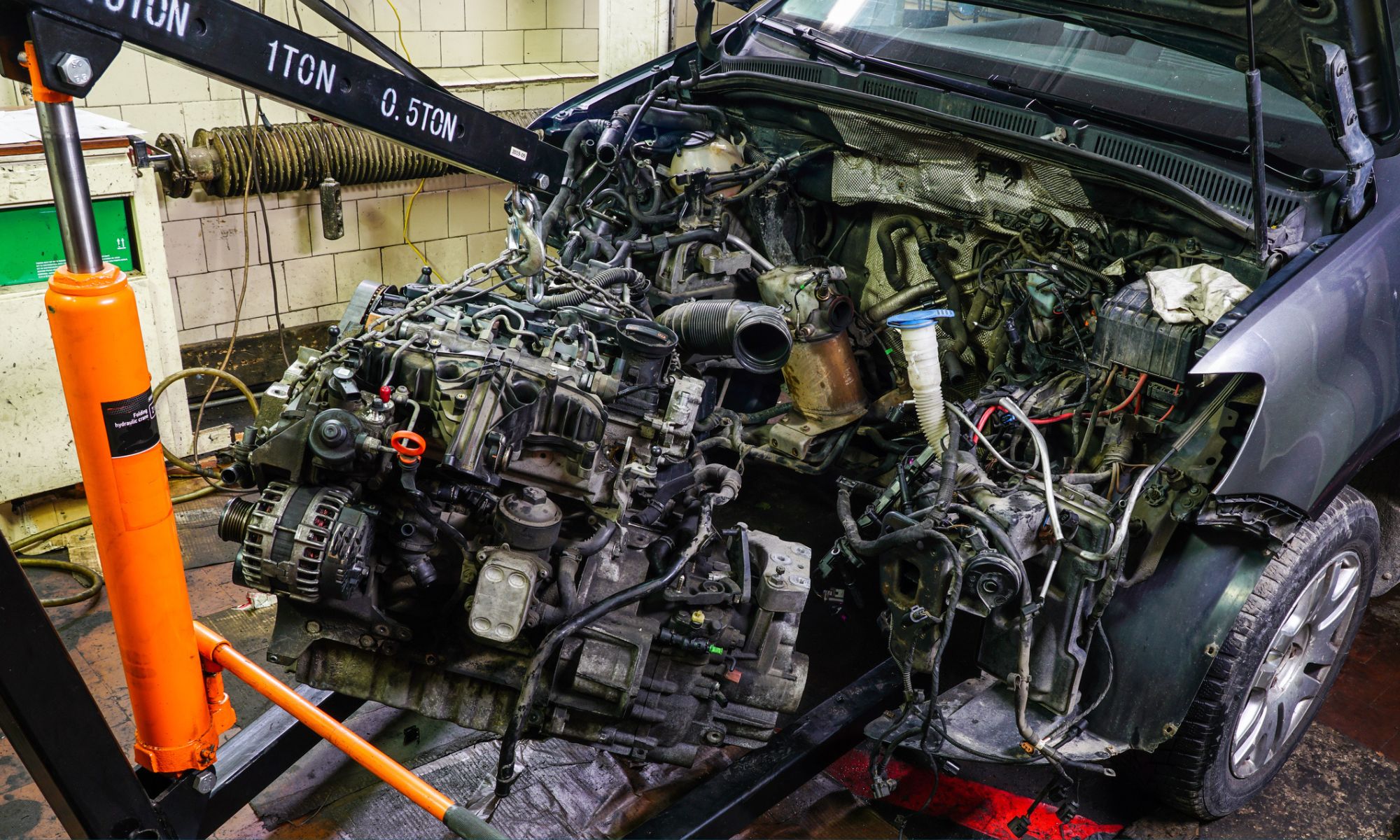Discussion Signs Of A Clutch Going Out
Is your vehicle experiencing trembling when you shift gears, making strange noises when you try to engage the clutch, or is the clutch pedal feeling spongy? These could be signs that your clutch is going out and needs to be replaced.
A failing clutch can lead to a range of issues, from difficulty shifting gears to complete loss of power. Ignoring the problem can result in costly repairs down the road.
What is a Clutch?
The clutch is a critical component in manual transmission vehicles, responsible for transmitting power from the engine to the transmission. It allows the driver to engage and disengage the engine from the wheels, enabling gear changes and smooth starts.
When the clutch is fully engaged, the engine’s power is transferred to the transmission and then to the wheels, allowing the vehicle to move. Disengaging the clutch separates the engine from the transmission, allowing gear changes without stalling the engine.

Signs of a Clutch Going Out
Recognizing the signs of a failing clutch is essential to avoid costly repairs and ensure safe driving. Here are some common symptoms to watch out for:
Slipping Clutch
A slipping clutch occurs when the clutch disc fails to fully engage with the flywheel or pressure plate. This results in a loss of power transmission, causing the engine to rev higher without a corresponding increase in speed. The vehicle may also shudder or hesitate during acceleration.
Difficulty Shifting Gears
A worn or damaged clutch can make it difficult to shift gears. The gears may grind or refuse to engage, especially when the vehicle is under load. This issue arises due to the clutch not fully disengaging the engine from the transmission.
Burning Smell
A burning smell when engaging the clutch can indicate a worn or slipping clutch. The friction between the clutch components generates heat, and excessive heat can cause the clutch material to burn, producing a characteristic odor.
Clutch Pedal Issues
A spongy or soft clutch pedal can be a sign of a worn clutch master or slave cylinder. Air in the hydraulic system can also lead to a spongy pedal. In contrast, a stiff clutch pedal may indicate a problem with the clutch system’s release mechanism.

Clutch Chatter
When the clutch engages and disengages, it can produce a chattering noise. This noise typically occurs due to uneven wear on the clutch disc or pressure plate, resulting in vibrations during engagement.
Clutch Pedal Sticking
A clutch pedal that sticks to the floor or fails to return to its original position can indicate a problem with the clutch cable or hydraulic system. Ignoring this issue can lead to further damage to the clutch components.

Causes of a Clutch Going Out
Several factors can contribute to clutch failure, including:
Wear and Tear
Normal use and aging can cause the clutch components to wear out over time. Friction between the clutch disc and flywheel gradually reduces the friction material, leading to clutch slippage and eventually failure.
Overloading
Overloading the vehicle or towing heavy loads can put excessive stress on the clutch, causing it to wear out prematurely. This is especially common in vehicles used for commercial purposes or off-roading.

Riding the Clutch
Riding the clutch, which involves keeping the foot partially on the clutch pedal while driving, can lead to premature wear. This practice generates unnecessary friction and heat, damaging the clutch components.
Contamination
Contamination of the clutch system with oil or grease can cause the clutch disc to slip. This can occur due to a leak in the transmission or engine, or from excessive use of clutch lubricants.

Prevention and Maintenance
To extend the life of your clutch, it is essential to follow these preventive measures:
Smooth Driving
Avoid aggressive driving habits, such as rapid acceleration and sudden stops. Smooth driving techniques reduce wear on the clutch and other vehicle components.
Proper Shifting
Shift gears smoothly and avoid grinding or forcing the gears. This reduces stress on the clutch and transmission.
Avoid Overloading
Do not overload your vehicle or tow heavy loads beyond its capacity. Overloading puts excessive strain on the clutch and can lead to premature failure.
Regular Maintenance
Regularly check the clutch system for any signs of wear or damage. Have the clutch inspected by a qualified mechanic during routine maintenance.

Conclusion of Signs Of A Clutch Going Out
Recognizing the signs of a clutch going out and taking appropriate action can save you from costly repairs and potential safety hazards. By understanding the symptoms, causes, and preventive measures, you can extend the life of your clutch and ensure a smooth and reliable driving experience.







